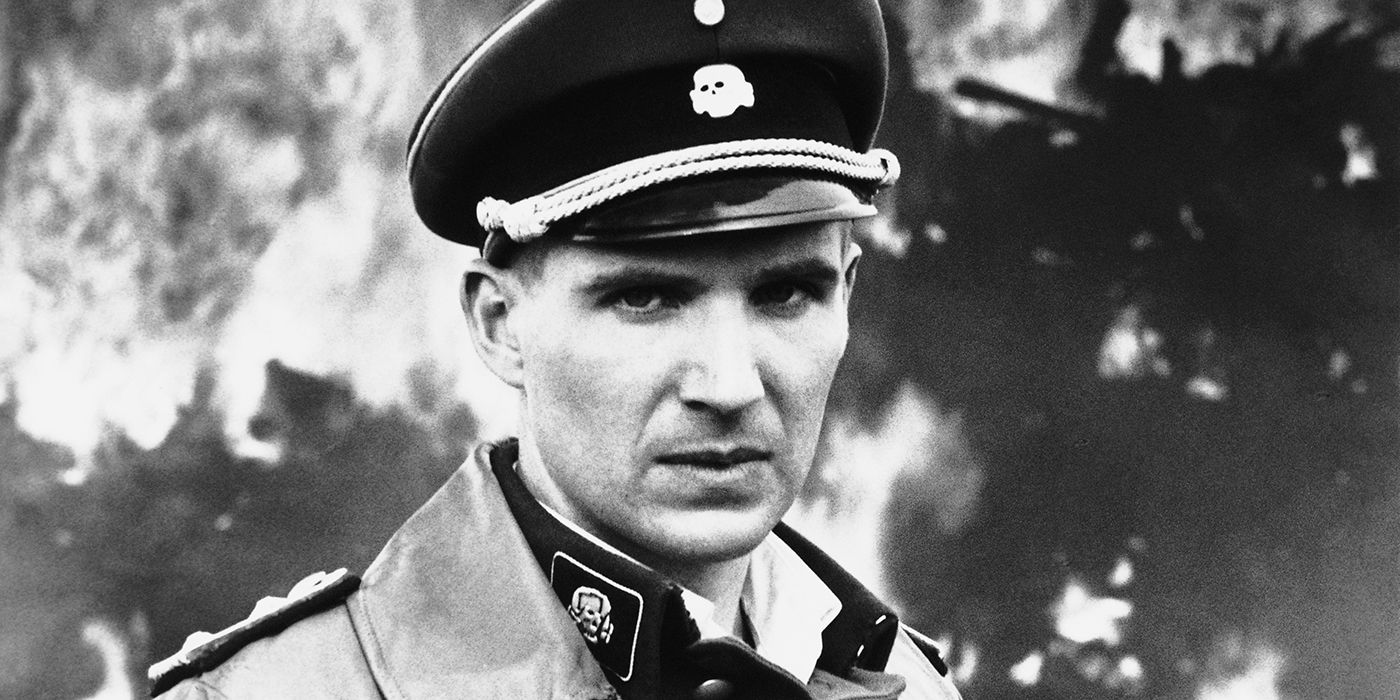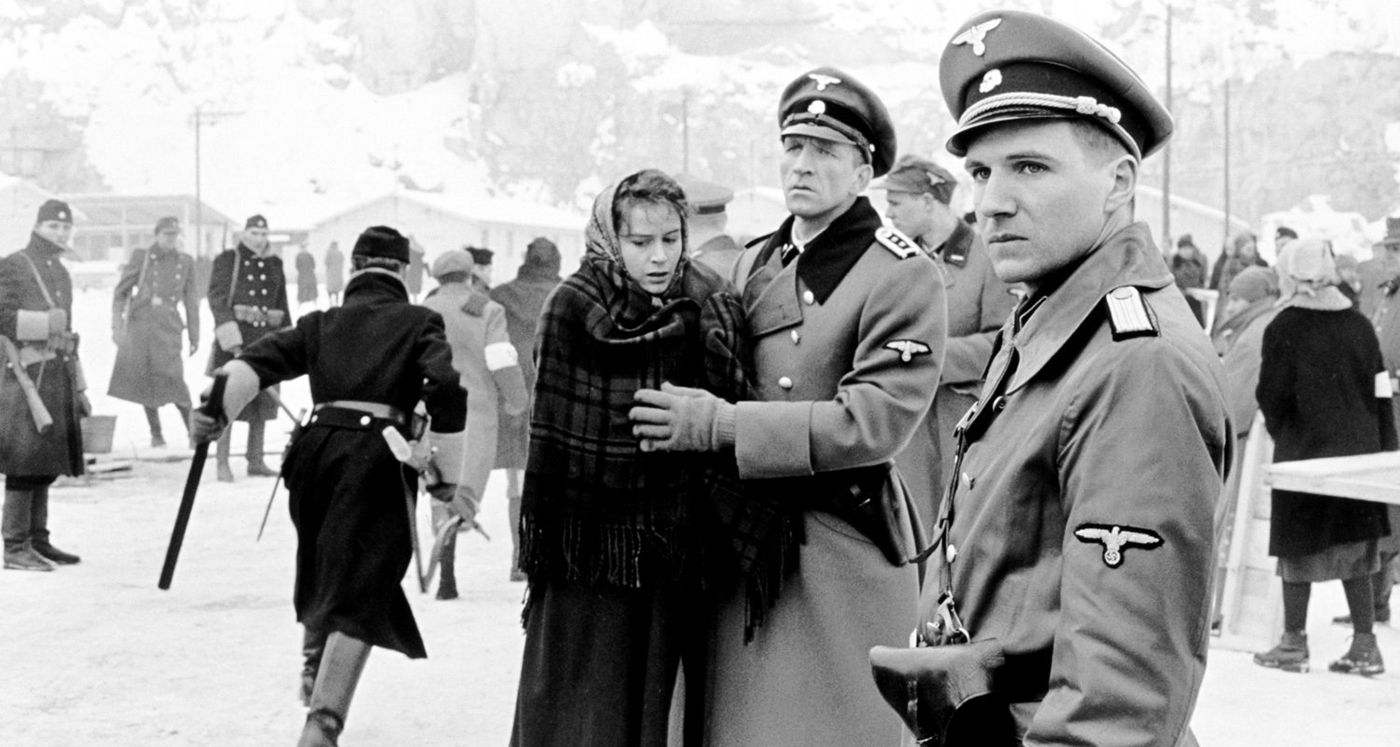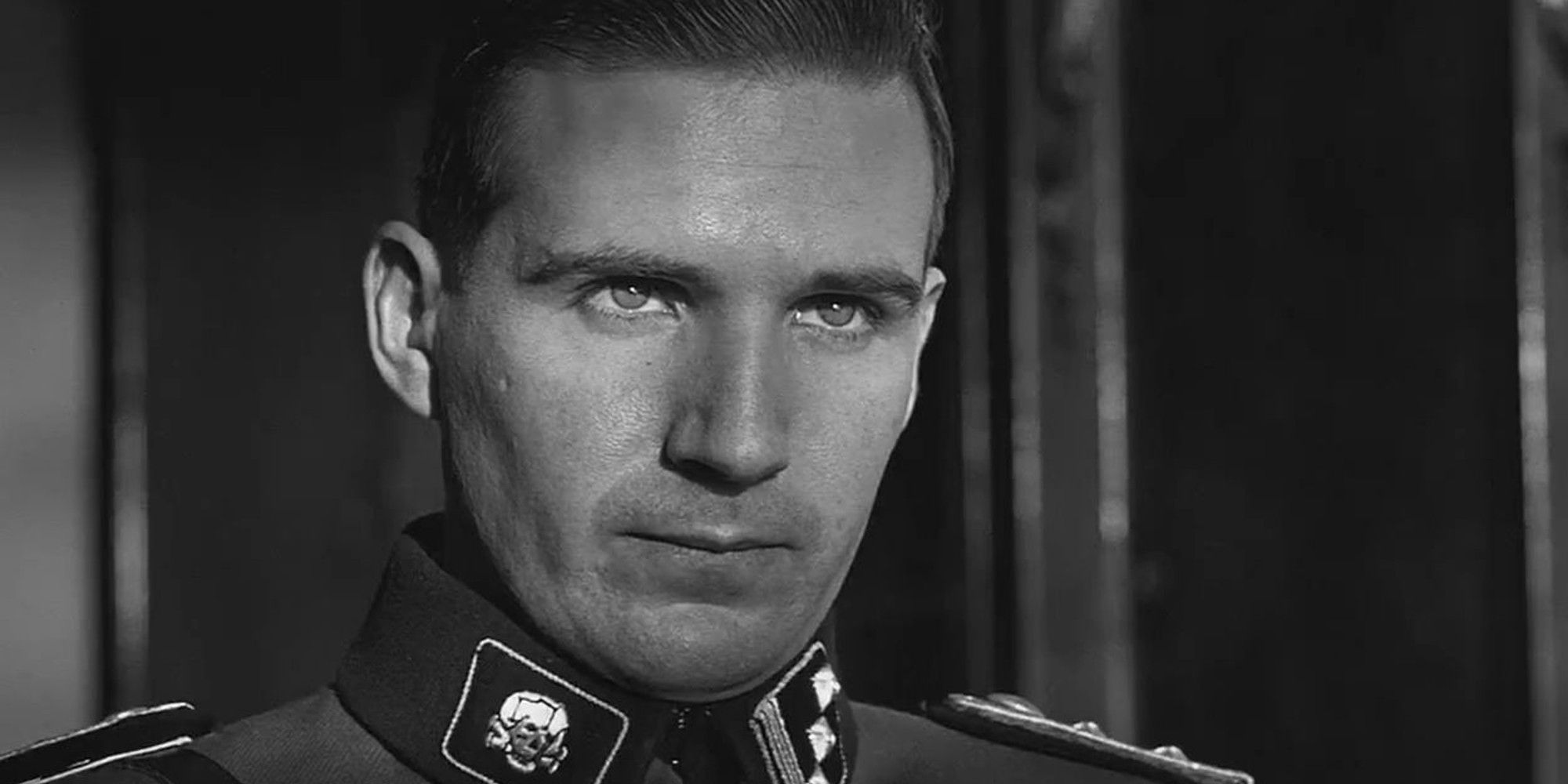In playing Nazi commandant, Amon Göth, in Steven Spielberg's Schindler's List, Ralph Fiennes gave audiences an unforgettable depiction of genocidal evil. As a longtime member of the Nazi party, the Austrian officer would work his way through the ranks of the SS, ultimately presiding over the construction and running of the Plaszow Concentration Camp in Poland. While horrid and inhumane acts of violence, cruelty, and dehumanization were obviously the law of the land amid the Holocaust, the real-life Göth cultivated a particularly infamous reputation among Jewish prisoners for engaging in sadistic behavior. Like so many other Nazi officers, his reign of terror would end swiftly along with the war in Europe, but the trauma and historical impact of his actions would never be forgotten as a result of survivor testimony.
Göth's Life Before the War
Born on December 11, 1908, Amon Göth was raised in a Catholic family. The son of parents who made their well-to-do living in the publishing industry, he spent much of his upbringing with his aunt and pursued studies in agriculture after high school. It wouldn't take long, however, for the future SS officer to take an interest in far-right nationalistic ideology and, in 1931, he joined the Austrian Nazi Party after spending a year involved with its youth faction.
Göth's involvement with a then-illegal political party didn't go unnoticed. At the age of 22, he fled to Munich after being pursued by Austrian authorities once they discovered he was associated with the Nazi Party. But in 1938, after marrying for a second time, he returned to Austria after the Anschluss, or annexation, of his native country by Germany. With the hideous Nazi machine in full swing by this point, Goth secured a position with the SS and steadily ascended through its ranks.
War Rages in Europe
After years working his way up the ladder as a Nazi officer, Amon Göth found himself in Poland. Throughout much of 1942, he was heavily involved in rounding up Jews from cities and the countryside and subsequently relocating them in ghettos and concentration camps. In August of that year, as depicted in Schindler's List, Poland's Krakow Ghetto was liquidated. With Göth in full participation overseeing operations, the result was more than 2 million Jews moved from within the city to a number of forced labor, concentration, and extermination camps in the territory. As a result of his involvement in the ghetto's liquidation, Göth was promoted to the rank of Captain.
In 1943, the high ranking Nazi officer was ordered to oversee the construction and running of a concentration camp in Plaszow, located south of Krakow. It was at this location that Göth would commit many of the unimaginable atrocities he would become notorious for. Ruling the camp with a ruthless iron fist, he had no qualms about killing prisoners spontaneously and viciously. Whether to satisfy his own sickening impulses, or to make an example of those whose behavior he deemed unacceptable, Göth's looming threat over Plaszow's prisoners was the stuff of nightmares and beyond comprehension. As depicted in Schindler's List, the commandant was known to shoot prisoners from his villa balcony as a form of target practice, and it's been reported that even looking Göth in the eye could lead to one's death.
Voices From Plaszow
In the years following the war, several survivors made their voices heard and relayed chilling anecdotes about Göth's brutal exploits. Moshe Beijski, who would later be among the roughly 1,000 Jews rescued by Oskar Schindler, recalled of the Nazi officer, "The case of Olmer, whose daughter lives in Jerusalem, and I know her ... he was summoned by the Camp Commandant Amon Göth. The Camp Commandant had two dogs, Ralf and Rolf, and he set the dogs on him. The dogs ate him up alive. Possibly a little breath still remained in him. He shot him and he was killed." Another tragic incident saw Göth unleash his homicidal rage on a number of prisoners in possession of food. Beijski remembers, "The camp commander, Untersturmfuehrer Amon Göth, came up and asked whose food it was. When no one answered, he took a young man whose name was Nachmansohn ... and shot him. On the same occasion he shot another man, Disler."
Beijski's brother, Dov, who also manged to survived, remembered, "Early in May 1944 we were all paraded and ordered to strip naked. All inmates were run before him and he sent them right or left, to which side the old, weak and defective or juvenile were sent. Two days later they were separated, placed on good wagons and were joined by the 250 children in the camp. The outcry was stifled by SS guns pointed at us all, and loudspeakers played lullabies. More than 1,200 adults and 250 children were taken to Auschwitz and the death chambers. One boy of 12 or 13 named Jerzy Spiro managed to escape and hid all day in the cesspit at the latrine, with only his head uncovered. I do not know whether he survived the war." Poldek Pfefferberg, who would eventually be saved by Oskar Schindler, has stated, "When you saw Göth, you saw death." Another prisoner, Rena Finder, expressed a similar sentiment and remembered Göth as "the most vicious and sadistic man."
Göth's Eventual Fate
In 1944, Amon Göth was arrested on suspicion of embezzlement and engaging in black market activities, which would land him in a sanitarium run by the SS. The following year, as the Allied forces closed in and defeated Nazi Germany, the officer was apprehended by American forces and turned over to Polish authorities. Göth was charged with war crimes in a trial taking place in August and September 1946, resulting in him being found guilty and sentenced to death. Throughout the legal proceedings, he reportedly acted with indifference and maintained, like so many other Nazi officers who would be put on trial, that he was simply following orders and had authority to commit his slew of atrocities. On Sept. 13, Göth was hanged, but not before saluting Adolf Hitler in a final gesture of defiance and indignation.



